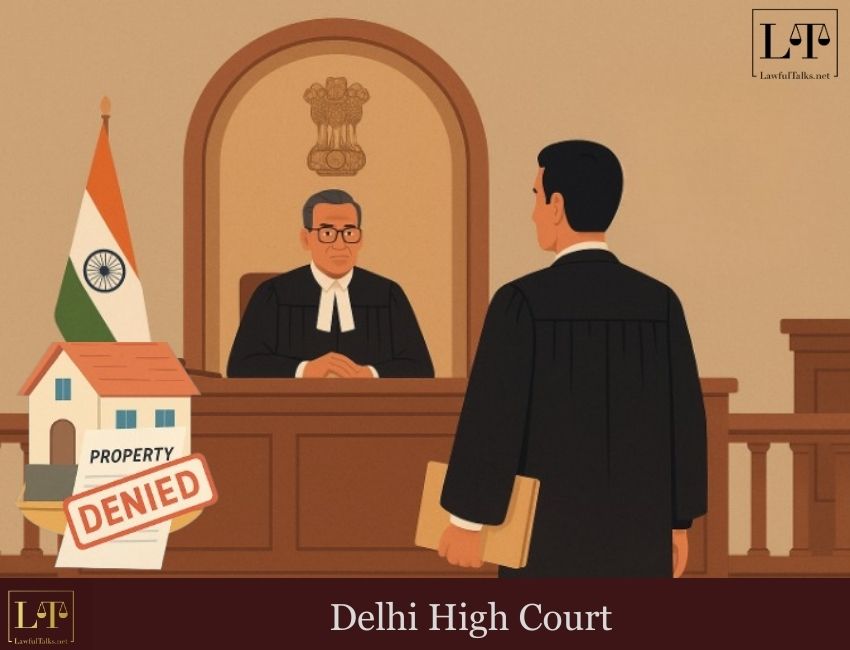Allahabad HC Sets Aside Afzal Ansari's Conviction, Allows Him to Continue as MP

In a notable decision that underscores the ethical responsibilities of legal practitioners, the Delhi High Court recently declined an appeal presented by an advocate seeking a claim on a disputed property, which he allegedly believed was bequeathed to him by his client.

A division bench comprising Justice Anil Kshetarpal and Justice Harish Vaidyanathan Shankar emphasized the significant role that lawyers play within the judicial system.
The bench noted, “The lawyers practising in the Court are considered Officers of the Court, who are expected to help the Courts in advancing the cause of justice, while ensuring justice for the poor, downtrodden and deprived. There is a big responsibility on the shoulders of practising advocates to maintain the grace and reputation of the institution. They are not expected to claim the interest in the property left behind by their clients.”
Background:
To provide context, this case revolved around Sarabjit Singh, who filed a lawsuit claiming that Surendra Mohan Tarun (now deceased) had sold him the property in question but later unlawfully dispossessed him.
The deceased defendant, represented by the Appellant-Advocate, contended that he had not sold the property and was indeed the rightful owner. Following the defendant's passing, the plaintiff observed that the premises contained a nameplate belonging to Defendant's counsel, Suraj Saxena, thereby prompting a request for the appointment of a Receiver.
Frustrated by the Receiver's appointment, the lawyer escalated the matter, asserting that the deceased had entrusted the immovable property to him through a registered Will.
At the outset, the High Court confirmed that the original documents submitted by the Plaintiff had undergone forensic scrutiny and were verified as authentic. Furthermore, it acknowledged that the legal heirs of the deceased also laid claim to the property.
Verdict:
The court noted, “In this case, by appointing a Receiver, the cause of justice has been served because the Appellant, at the cost of repetition, claims that his client (Defendant) executed a Will in his favour. The Appellant was representing the Defendant in this litigation.’’
The legal representation in this matter included Mr. Aatreya Singh for the Appellant, and an array of lawyers for the Respondent, among them Mr. Udit Arora and Mr. Nishant Datta.
Case Details : Suraj Saxena v. Sarabjit Singh, FAO(OS) 75/2025.

Anam Sayyed
4th Year, Law Student
Latest Posts
Categories
- International News 19 Posts
- Supreme Court 347 Posts
- High Courts 361 Posts


















































































































































































































































































































































































































































































































































































































































































































































